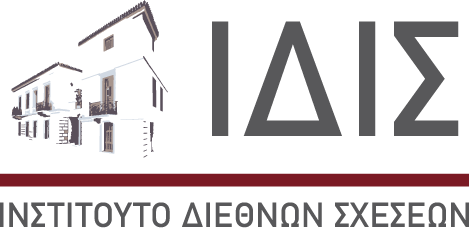Kostas Yfantis
It is the third time in the course of a few months that the Greek Prime Minister and the Turkish President will meet. December 7 signals the conclusion of a first phase of efforts for a rapprochemaunt between Athens and Ankara. The hope is that the next phase in a roadmap of de-escalation that started following the devastating earthquakes of February {2022}. This is a process this seeks to consolidate a degree of stability.
It is a fact that we are still far away from the quest for a substantive negotiation. Even when articulating a wish for a dialogue that will touch upon the substance of the Greek-Turkish differences, there is little reference to the current context. We are ten months in a military moratorium, with the Turkish Air Force avoiding incursions into the Greek Air Space, while there is no research and drilling programme in the East Mediterranean. That is the operational reality even if there is little sign that Turkey is deviating from its geopolitical agenda in any respect other than tactical.
That is the dilemma we face next week. There is little space for big questions and we focus instead on the fragility of the bridge we have extended. That is an effort advanced and arguably imposed by Athens, as the residual consequence of domestic and international deterrence of Turkish aggression. Athens showed strategic resilience vis-à-vis Turkish aggression after 2019, moving decidedly to define its maritime borders in cooperation with Italy and Egypt, undermining the “confidence” of the other side.
At present, Greece is theoretically presented with two choices:
The first direction for Athens is to react to the lack of trust in Turkish intentions by abandoning rapprochement. This kind of reaction lies on the assumption that any interactive “positive agenda” or political dialogues is nothing more than unacceptable appeasement. “The monster” will smell our fear and attack with greater fervour.
The second trajectory is Athens responding carefully but positively to the Turkish posture, without historically unfulfilled expectations. We will soon see whether there is scope for true progress. In that case, we should seize every opportunity for substantive normalisation. That is a choice that combines Greek deterrence – assuming the worst case scenario – while legitimating the Greek strategic narrative.



